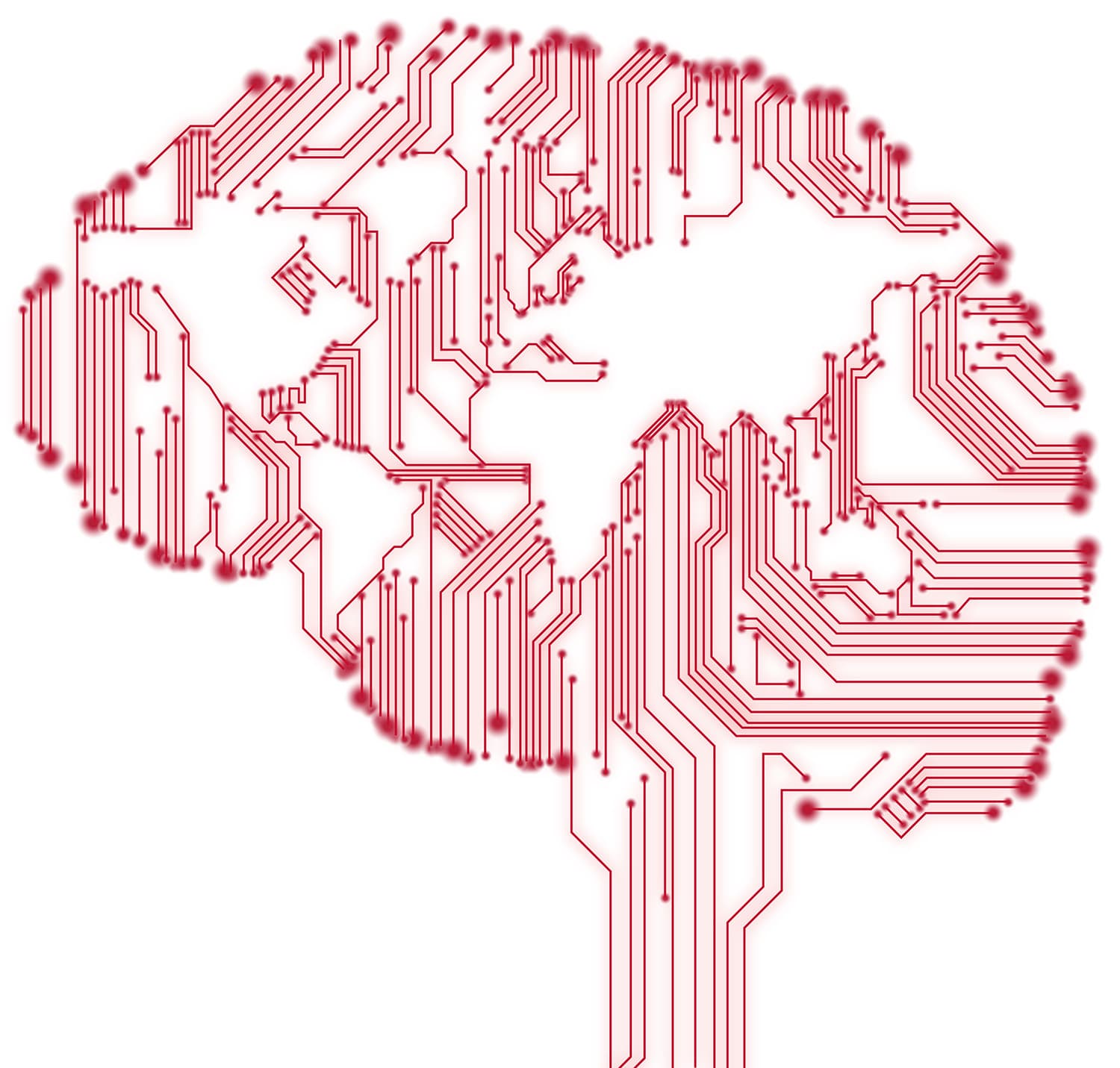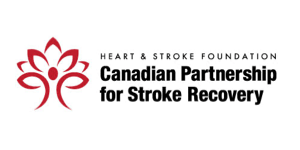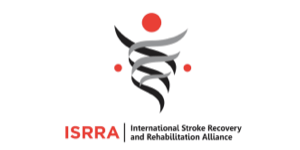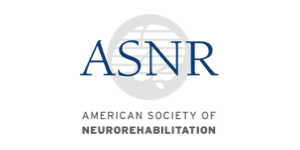Wednesday, January 25
1120 – 1700 Eastern Standard Time (EST)
Wednesday, January 25
1720 – 2300 Central European Time (CET)
Thursday, January 26
0320 – 0900 Australian Eastern Time (AET)
Select a timezone for agenda display.
| EST Toronto |
CET Paris |
AET Sydney |
|||||
|---|---|---|---|---|---|---|---|
| 11:20 | 17:20 | 3:20 | Opening Remarks (10 min) | ||||
| 11:30 | 17:30 | 3:30 |
|
||||
| 12:30 | 18:30 | 04:30 |
|
||||
| 13:30 | 19:30 | 05:30 | Break (30 min) | ||||
| 14:00 | 20:00 | 06:00 |
|
||||
| 15:15 | 21:15 | 7:15 | Break (10 min) | ||||
| 15:25 | 21:25 | 7:25 | Medications to Improve Stroke Recovery (Plenary Session) (75 min)
Moderator: Sandra Black
|
||||
| 16:50 | 22:50 | 08:50 | Closing Session (10 min) |



